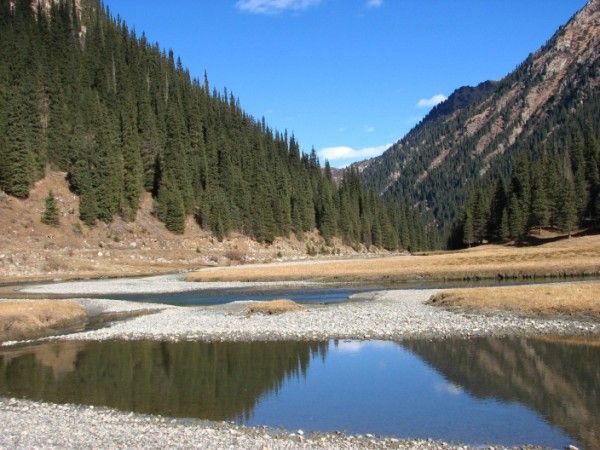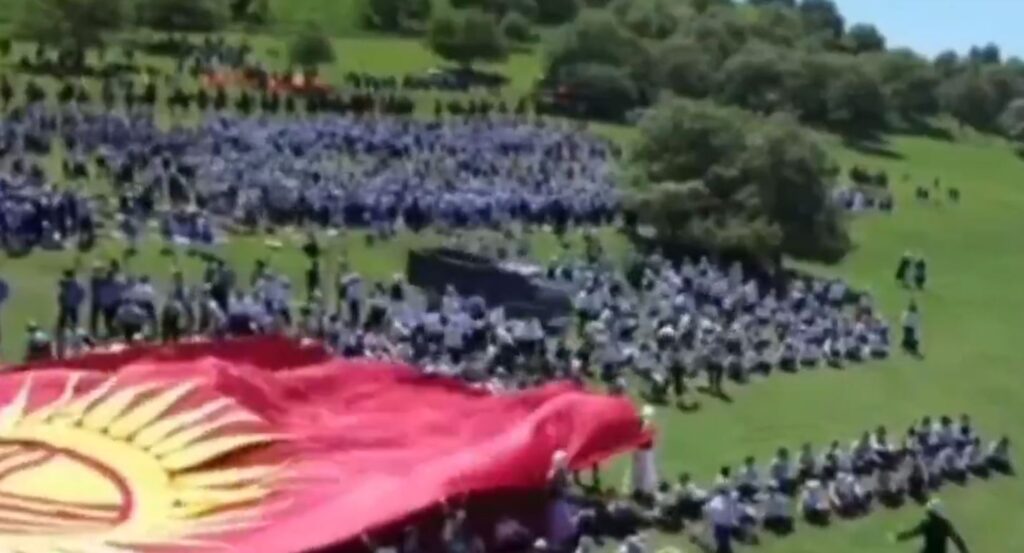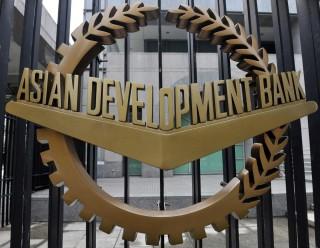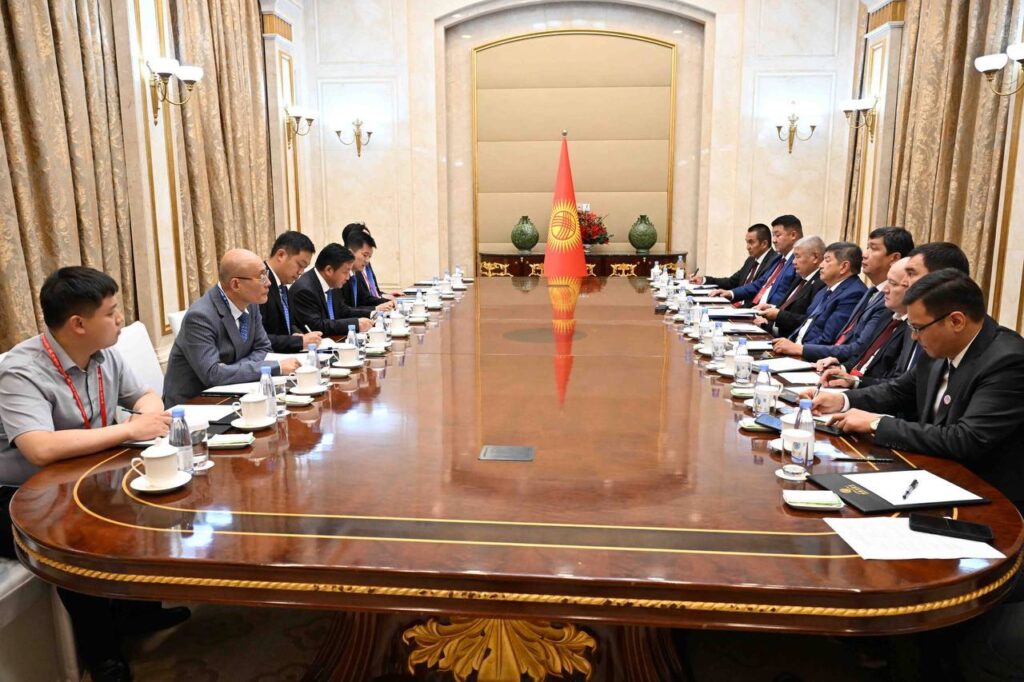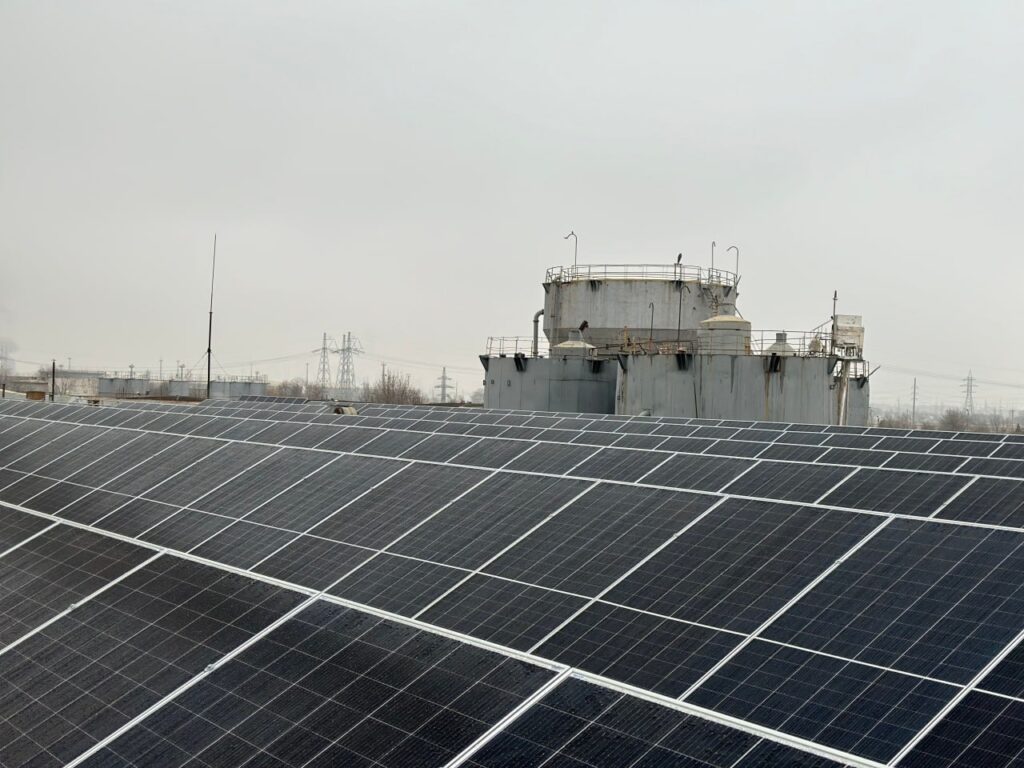BISHKEK (TCA) — Installing solar panels on foresters’ houses and educating children and youth on sustainability and environmental protection are two recent ways in which Kyrgyzstan, together with the United Nations Food and Agriculture Organization (FAO), has set about upscaling its sustainable forest management.
Solar panels are gaining popularity as an affordable and clean source of energy, and now, they are bringing electricity to Kyrgyz foresters. In March, FAO supported the installation of solar panels on houses in eight pilot forestry enterprises throughout the country. The project was implemented in cooperation with the State Agency for Environmental Protection and Forestry.
The foresters have said that their living conditions have improved significantly, and the panels also have made it easier for them to conduct their work on the ground.
“Thanks to the solar panels, we now have a refrigerator, lighting and a television. Before that, we lived without such benefits, coped ourselves,” said a beneficiary forester, Sharshenbek Dadakov. “This assistance, and the improvement of conditions, will make it easier for us to work.”
Foresters’ houses are located directly in the forest so that they can more easily care for their everyday routine monitoring biodiversity and poachers, among other things. As forests are mainly in the mountainous areas of the country, without proper roads, foresters use horses to get around.
“Solar energy is a step into the future and a significant contribution to climate change action,” said Dinara Rakhmanova, Assistant FAO Representative in Kyrgyzstan. “These alternative forms of energy reduce fossil fuel consumption and limit greenhouse gas emissions.”
Reaching out to children and youth is another way to scale up climate action and the conservation of biodiversity. FAO, together with the Ecological Movement BIOM, are implementing a project on sustainable environmental management, climate change and the integration of Kyrgyz youth into the Youth and United Nations Global Alliance (YUNGA).
In this regard, teachers from all regions of the country were trained on biodiversity conservation and climate change in February in Bishkek. The aim was to prepare teachers to establish youth eco-groups in schools across the Kyrgyz Republic. During the training, teachers were presented with publications on biodiversity conservation and teaching materials for use in schools, including the challenge badge series, all intended to encourage their students care for the environment.
“Rural livelihoods are directly dependent on biodiversity. That is why it is so important to teach children from an early age to protect the nature and environment, so that in the future they pass it on to their children,” said Zamira Kapalova, a teacher in Kyrgyzstan. “Such seminars are useful for us, as they provide new tools to make young people aware of the problems of climate change and biodiversity.”
As a result of the project, schoolchildren have started creating groups and learning how to protect biodiversity through tree planting, cleaning and maintenance.
